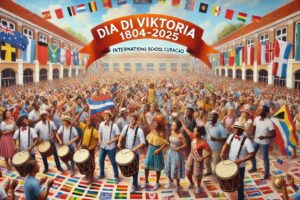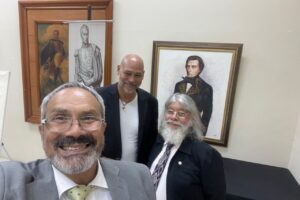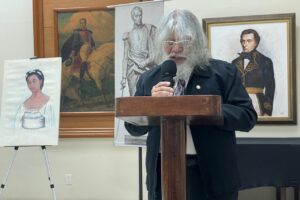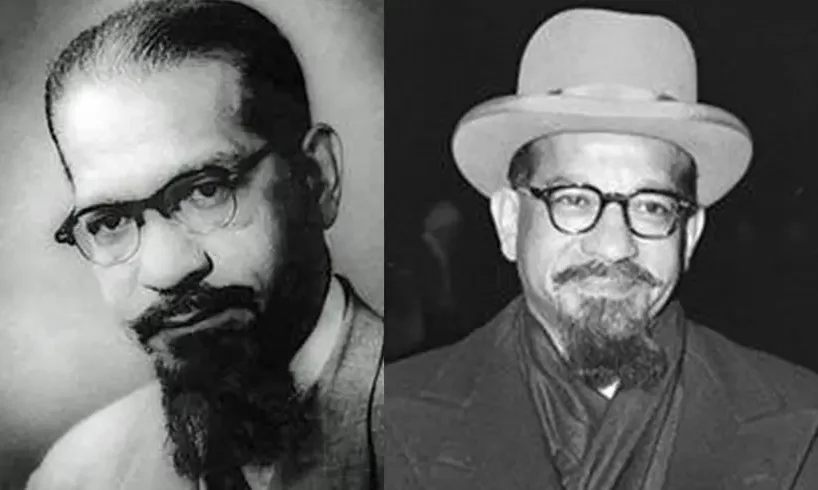
Mr. Dr. Moises Frumencio da Costa Gomez is a figure of profound significance within Curaçao, across the Dutch Caribbean, the Kingdom of the Netherlands, and beyond. As a visionary leader and a champion of political emancipation, his legacy extends across the Americas and Europe, influencing governance, social justice, and the self-determination of small island nations.
This article explores how his political work, particularly as the leader of the Partido Nashonal di Pueblo (PNP), and his broader impact on decolonization have been recognized and perceived internationally.
Curaçao: Father of Political Autonomy
In Curaçao, Mr. Dr. Moises Frumencio da Costa Gomez is revered as the “father of political autonomy.” His leadership in the movement for Curaçao’s autonomy from the Netherlands in the mid-20th century remains one of the most defining moments in the island’s modern history.
His work led to the Statute of the Kingdom of the Netherlands in 1954, which provided Curaçao and other Dutch Caribbean islands with increased self-governance while maintaining their status in the Netherlands.
Political Vision: Mr. Dr. da Costa Gomez advocated for a political structure that allowed Curaçao and the other Dutch Caribbean islands to manage their domestic affairs while still benefiting from the protection and economic support of the Dutch Kingdom. This pragmatic approach earned him respect as a political strategist who understood the importance of balancing local self-governance with international collaboration.
Recognition in Curaçao: He is deeply respected for advancing the education, social welfare, and political participation of the people of Curaçao, especially among Afro-Caribbean and working-class communities. His policies laid the groundwork for a more equitable society.
Aruba, Bonaire, and Sint Maarten: Influence Across the Dutch Caribbean
Mr. Dr. da Costa Gomez’s influence reached beyond Curaçao. His push for autonomy inspired similar movements in Aruba, Bonaire, Sint Maarten, and the other Dutch Caribbean islands.
Aruba: Aruba, in particular, followed a parallel path toward increased autonomy, eventually achieving its separate status within the Kingdom in 1986. Mr. Dr. da Costa Gomez’s successful advocacy for Curaçaoan autonomy set a precedent that encouraged Aruban leaders, like Betico Croes, to pursue their island’s distinct political status.
Bonaire and Sint Maarten: While not achieving complete independence, these islands also benefitted from the broader framework of autonomy established through the efforts of leaders like Dr. da Costa Gomez. His legacy of governance and political thought is often cited as an essential influence in discussions about the future of governance in these territories.
The Netherlands: Partnership and Tensions
In the Netherlands, Mr. Dr. da Costa Gomez is regarded as a critical figure in the kingdom’s history. His work helped redefine the relationship between the Dutch mainland and its Caribbean territories, transitioning from a colonial to a partnership-based relationship.
Partnership with Dutch Leaders: His ability to negotiate with Dutch officials, including Dutch Prime Ministers and Royal Family members, led to the Charter for the Kingdom of the Netherlands. He is often credited for advocating a balance that preserved ties with the Netherlands while ensuring that Curaçao had the autonomy to govern itself.
Tensions and Advocacy: Although respected, his demands for autonomy and greater self-determination also caused tensions. His firm stance on political emancipation was sometimes at odds with Dutch colonial interests. Still, his persistence earned him a reputation as a moral leader who would not settle for less than what he believed was right for his people.
Europe: A Voice for Decolonization
In Europe, Nr. Dr. da Costa Gomez is recognized as part of the broader post-World War II decolonization movement. His efforts to secure autonomy for Curaçao aligned with the wave of decolonization that swept through Africa, Asia, and the Caribbean during the mid-20th century.
Advocate for Small Nations: Mr. Dr. da Costa Gomez was a vocal advocate for the rights of small island nations and territories, arguing that they deserved the same self-determination as larger colonies. His work has been referenced in European academic circles that study the post-colonial transitions of territories in the Caribbean and beyond.
Symbol of Peaceful Transition: Unlike many decolonization movements that involved violence, the transition in the Dutch Caribbean was largely peaceful, due in no small part to Mr. Dr. da Costa Gomez’s emphasis on negotiation and diplomacy. European historians have cited his approach as a model of how decolonization could be achieved through legal frameworks and dialogue.
The United States: A Strategic Partner
Mr. Dr. da Costa Gomez was viewed as a strategic partner in the United States. During his time, the Dutch Caribbean, including Curaçao, held significant geopolitical importance due to its location near the Panama Canal and its oil refineries, which were critical during both World Wars and the Cold War.
American Allies: As the leader of Curaçao, Mr. Dr. da Costa Gomez maintained relations with the U.S., understanding the importance of American economic and military interests in the region. Curaçao’s oil refineries supplied fuel for Allied forces during World War II, and the U.S. maintained military bases on the island during the war. This history cemented a relationship of mutual interest, and the U.S. saw Curaçao, under Mr. Dr. da Costa Gomez’s leadership, as a reliable partner.
Cultural Diplomacy: Mr. Dr. da Costa Gomez also ensured that Curaçao was part of the broader Pan-American and Caribbean diplomatic community, engaging in conversations about economic development and political stability in the Caribbean basin.
The Caribbean and South America: A Regional Leader
Mr. Dr. da Costa Gomez’s leadership positioned Curaçao as a bridge between the Dutch Caribbean and the wider Latin American region in the Caribbean and South America.
Caribbean Unity: He advocated for greater cooperation between Caribbean nations. Mr. Dr. da Costa Gomez believed that the small island nations of the Caribbean could achieve more together than apart, and he worked to foster good relations with other Caribbean leaders, including those in the English-speaking Caribbean.
Connections with Venezuela and South America: Curaçao’s geographic proximity to Venezuela and the rest of South America meant that Mr. Dr. da Costa Gomez was also deeply involved in regional diplomacy. His relationships with South American leaders, particularly those in Venezuela, were crucial for Curaçao’s economic stability and trade relationships.
Economic Diplomacy: Under his leadership, Curaçao maintained strong economic ties with its South American neighbors, particularly in oil, trade, and tourism. This diplomatic and economic engagement earned him recognition as a regional leader who understood the importance of cross-border partnerships.
A Lasting Legacy
Mr. Dr. Moises Frumencio da Costa Gomez’s legacy extends far beyond the shores of Curaçao. He is celebrated for achieving political autonomy for the Dutch Caribbean, but his influence also resonates in Europe, the Americas, and the global decolonization movement. His ability to balance the demands of autonomy with the realities of being part of a larger kingdom earned him international respect.
International Reputation: His legacy is pragmatism, vision, and moral leadership. Whether in the Netherlands, the U.S., South America, or across the Caribbean, Mr. Dr. da Costa Gomez is recognized as a leader who understood that political power was about independence and creating sustainable frameworks for governance, social justice, and economic development.
Recognition: Although his name might not be as globally recognized as other decolonization leaders, within academic and political circles, his contributions continue to be studied and respected for their enduring impact on Curaçao and the broader Dutch Caribbean.
In Curaçao and beyond, Mr. Dr. Moises Frumencio da Costa Gomez remains a symbol of the fight for autonomy, justice, and the rights of small nations to determine their futures.
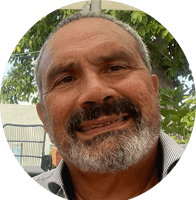
Tico Vos is a professional photographer, producer, and tourism specialist. He has been documenting the History, Culture, and News of Curaçao. This site is a documentation of the history of Manuel Carlos Piar.

